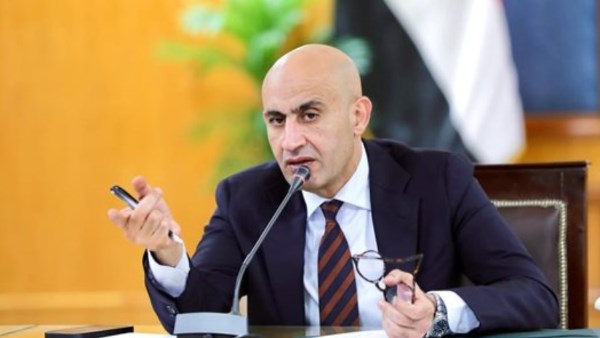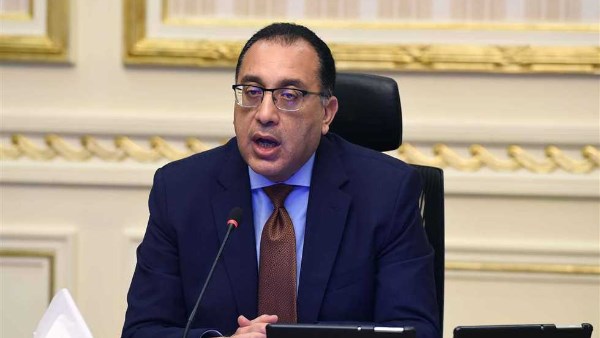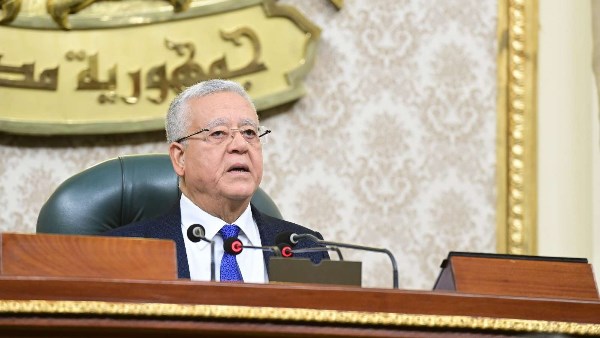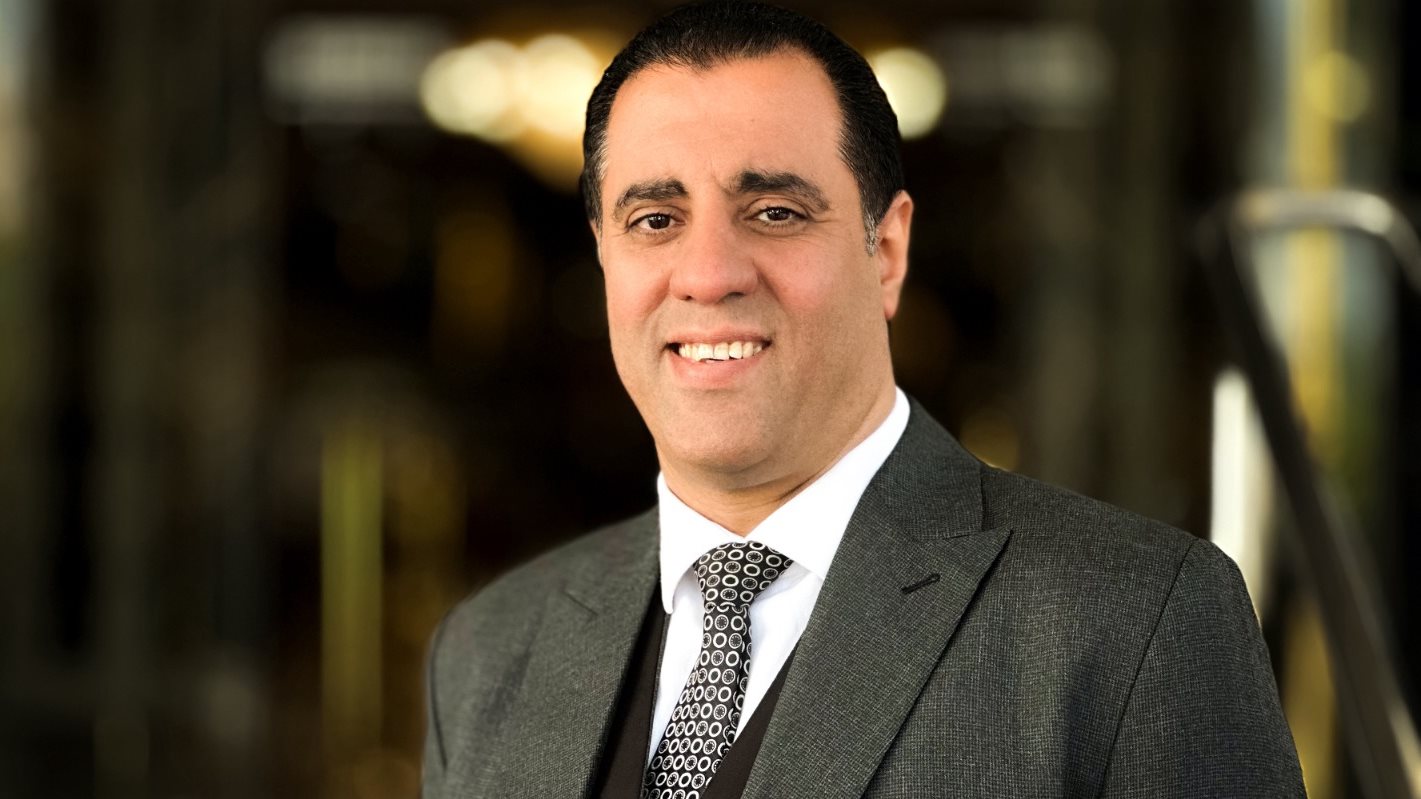Obama’s unconvincing aid to Syria’s rebels

In what has become a quintessential behavior of the Obama administration towards Syria, the White House is hoping that Congress will approve the $500 million “train and equip” package for the opposition but is neither doing the necessary legwork to achieve this nor is it confident of the outcome of such an effort.
The Senate Appropriations Defense Subcommittee took an important step this week, marking up the FY 2015 Defense Appropriations Act. It includes an authorization for the Defense Department to lead a “program to train and equip vetted elements of the Syrian opposition,” something that the administration has not done in the last three years as it stuck to non-lethal aid, unsupervised by the Pentagon.
Congressional and regional hurdles
While the effort is a significant policy shift for the administration, it is not being accompanied with an “aggressive push” to guarantee it passes in the House and Senate, and that it does not get dropped or amended by lawmakers in both parties who have doubts about the effort.
The $500 million in proposed U.S. aid would be almost what ISIS ran off with in its Mosul bank heist last month
Joyce Karam
Mohammed Alaa Ghanem, the government relations director at the Syrian American Council, a large opposition group of Syrian-Americans, told Al Arabiya News that the Obama administration has not been providing members of Congress with enough details on the program and is not “lobbying aggressively” to secure its passage. Many questions on the aid have been left unanswered and its fate floats in limbo.
In essence, Ghanem said the administration is “almost setting itself up for failure” by not whole-heartedly pushing for the effort or providing enough specifics and administration officials to lobby for it on Capitol Hill. This sentiment has been echoed by lawmakers on the Hill. At a House Armed Services Committee hearing on Wednesday, Adam Smith, the committee’s senior Democrat, criticized a panel of Pentagon officials who refused to discuss the specifics of the aid package in the open session. “You have to push the policy,” said Smith, noting that such a request is “a big damn deal.” He warned that if the administration couldn’t sell the program, the Congress will not authorize it.
The administration found itself in a similar position last September, after U.S. President Barack Obama kicked the ball to Congress on striking the Assad regime, but was not able to secure the votes.
The $500 million in aid is not as controversial as the threat of airstrikes, but many lawmakers are asking defense officials to identify the groups which will receive the aid, and the risks that accompany such a mission. “We in the Syrian opposition are faced with questions that only the administration can answer” says Ghanem, warning that the White House is “setting itself up for failure by being extremely half-hearted in their pitch for Congressional support.”
Another setback for the administration in its Syria deliberations with Congress is the reluctance of Jordan to host the training program for the rebels. Reuters, quoting U.S. officials this week and following King Abdullah II visit to Washington, said Amman “is reluctant to host an expanded rebel instruction program” and had told U.S. officials there should be “no boots on the ground.” This will leave Washington looking towards other countries, perhaps with less proximity to the Syrian borders, in order to host the program.
Modest numbers
Even in the best case scenario for the Obama administration and the Syrian opposition, if Congress passes the spending bill with the aid request, the package in its current form would be too little too late to change the balance on the ground inside Syria. The moderate opposition is under assault by both the Assad regime and the Islamic State in Iraq and Syria (ISIS) following the regime’s gains in Homs and ISIS declaring a “Caliphate.”
“Aleppo could fall under complete encirclement any day now “ says Ghanem, and what has been reported by the Wall Street Journal as a U.S. plan to train and equip 2,300 rebel fighters is “not going to be a game changer.” The aid, if approved, might not go into effect until next year, and U.S. officials don’t expect serious impact until at least 18 months.
Lisa Monaco, assistant to President Obama on Homeland Security, is setting high goals for the aid by projecting that the “train and equip mission could help us to better protect Syrian civilians, pressure the regime, and counter terrorist threats emanating from the country’s contested and ungoverned areas — including from the Islamic State of Iraq and [Syria].” But Ghanem estimates that between Iraq and Syria, ISIS commands over 20,000 fighters and receives funds and revenues in the millions of dollars from territory under its control and outside funding. The latest reports from Iraq estimated that ISIS is making $1 million a day in oil revenues.
To put it into perspective, the $500 million in proposed U.S. aid would be almost what ISIS ran off with in its Mosul bank heist last month ($429 million), and the 2,300 trained FSA force would be less than half the number of fighters that Hezbollah has dispatched to Syria.
While U.S. officials remain convinced that Assad cannot retain full control over Syria and that the extremist threat can be contained, half-hearted measures such as the one proposed to Congress promises a continuation of the Syrian war and a slightly adjusted reality to what Washington perceives as a “war of attrition.”























